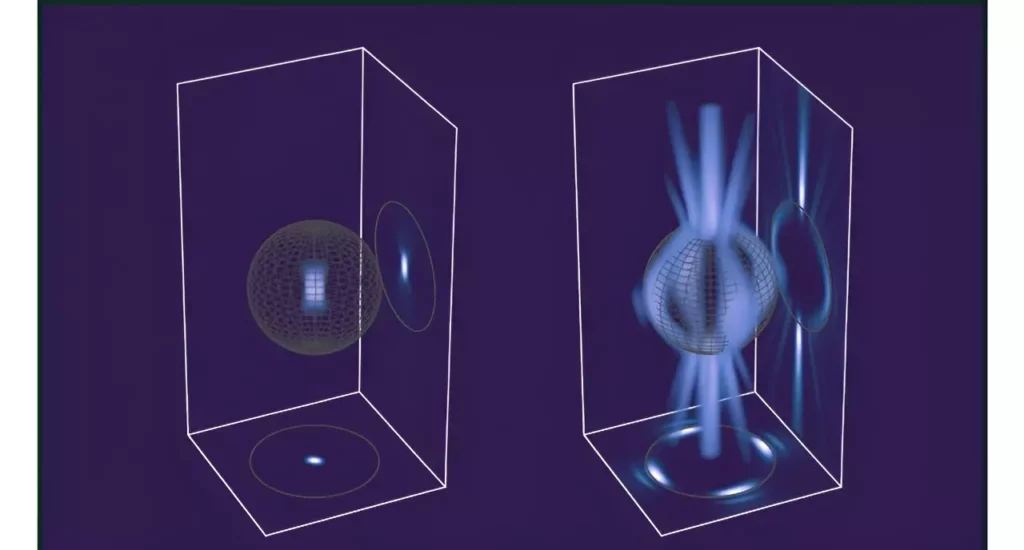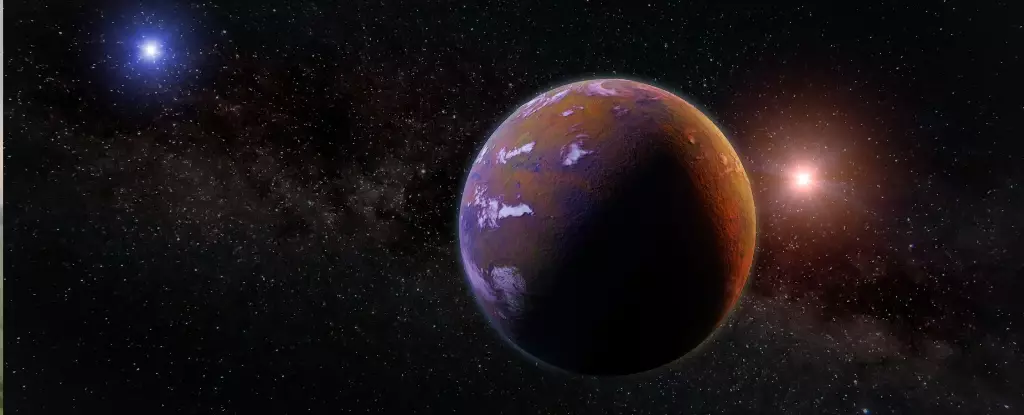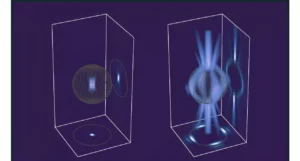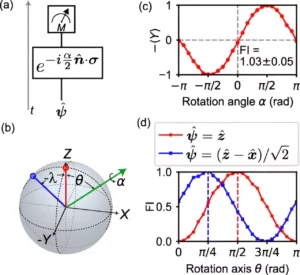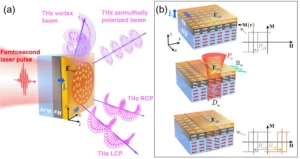Optical tweezers, since their inception in the 1980s, have been a groundbreaking tool in microscopic manipulation, allowing scientists to trap and move tiny particles using focused laser beams. Celebrated with a Nobel Prize in 2018 for Arthur Ashkin’s pioneering work, these devices harness the momentum of photons to exert precise forces. However, despite their remarkable
Nvidia’s remarkable ascent in the AI hardware domain is often cast under a scrutinizing lens, with murmurs of regulatory investigations and market dominance debates. However, a closer examination reveals that Nvidia’s leadership is driven by genuine innovation, strategic foresight, and the unparalleled performance of its products. The recent US probe, questioning whether Nvidia has used
For centuries, humanity has looked to the surface of the Earth in search of its most coveted treasure—gold. Traditionally, this pursuit has been limited to terrestrial mines resulting in extensive environmental impacts, much of which could have been avoided with a deeper understanding of gold’s origins. Recent groundbreaking research suggests that the key to more
In our relentless quest for connectivity and technological advancement, humanity inadvertently becomes its own best signal broadcaster into the universe. While our spacecraft and telescopes gaze outward, our everyday technological activities—particularly within the skies—are quietly transmitting electromagnetic signatures that could reach distant civilizations. These signals, largely considered mundane or accidental byproducts of modern life, may
In recent years, cannabis has transitioned from a stigmatized substance to a commonly embraced social reality, especially within the United States. While its recreational and medicinal benefits are often touted, the scientific community is increasingly concerned with the more subtle, long-term biological effects it may impose. Particularly intriguing is the emerging evidence that cannabis could
In an era obsessed with constant stimulation, it’s easy to overlook the profound influence that our environment and habits have on our long-term health. Emerging research underscores a compelling truth: the quiet power of darkness at night, or the lack thereof, can significantly impact cardiovascular health. The connection between light exposure during sleeping hours and
The cosmos constantly challenges our understanding of how planets emerge, evolve, and interact with their stellar environments. Traditionally, the process of planet formation was thought to occur exclusively within protoplanetary disks—vast, swirling structures of gas and dust encircling young stars. But recent discoveries reveal a much more intricate picture, where the lifespans and characteristics of
Traditional approaches to maintaining mental acuity in older age have often focused on rigorous mental exercises, dietary restrictions, or pharmaceutical interventions. However, emerging research suggests that the key may lie far simpler and more accessible: cultivating genuine wellbeing. A comprehensive study involving over 10,000 adults aged 50 and above reveals a profound link between positive
The universe remains an awe-inspiring enigma, filled with celestial phenomena that challenge human understanding and imagination. Among these mysteries, star formation stands as one of the most intricate and captivating processes. Thanks to groundbreaking advancements like the James Webb Space Telescope (JWST), our window into these cosmic nurseries has widened exponentially. The recent imagery of
Summer offers more than just warm evenings and barbecues; it presents an extraordinary chance to reconnect with the cosmos in a way that invigorates the soul. As the nights grow longer and the skies clearer, the universe reveals its most breathtaking marvels—spectacular meteor showers that ignite the night with fleeting but unforgettable flashes of light.
Recent scientific insights reinforce a compelling truth: what we eat profoundly affects our mental vitality. While the medical community has long debated the origins of dementia, mounting evidence now emphasizes the crucial role of dietary choices in shaping brain longevity. Instead of passive acceptance of cognitive decline as an inevitable part of aging, we are
In a world dominated by complex machinery and intricate calculations, it can be refreshing—and even inspiring—to see the profound insights that emerge from humble beginnings. The recent research into what happens when a paper airplane is launched from the edges of space exemplifies this beautifully. While on the surface, it appears to be a whimsical
For over a hundred years, the narrative surrounding type 1 diabetes has remained surprisingly stagnant: once diagnosed, patients are condemned to a life dependent on insulin injections. This approach, while life-saving, is inherently reactive—addressing the consequences rather than the root cause. However, recent advancements in immunotherapy herald a transformative era in diabetes care, one that
For decades, ambroxol has been a familiar ingredient lurking behind the cough syrup labels across Europe. Known primarily as an expectorant used to clear respiratory pathways, this drug has quietly accumulated a secondary reputation—one that hints at potential beyond its traditional role. Recent groundbreaking research suggests ambroxol’s capacity to influence neurological health, particularly in combating
In the vast expanse of space, where celestial bodies often appear isolated and independent, recent groundbreaking observations challenge this long-held assumption. The discovery of a close-in exoplanet actively disturbing its host star’s magnetic field signals a profound shift in our understanding of star-planet dynamics. Unlike the traditional view that planets are mere passive companions, some

